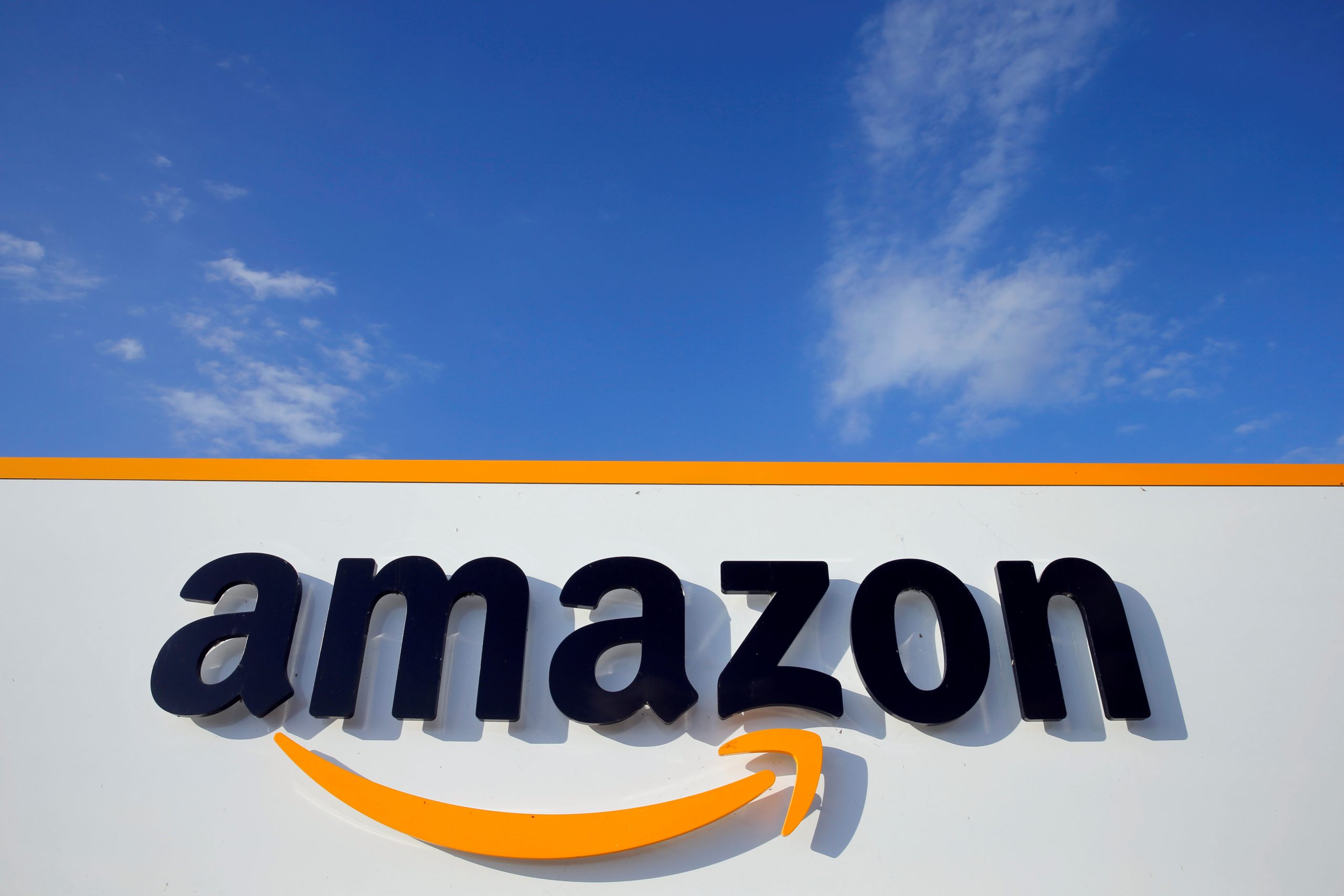Workers at one of Amazon.com Inc‘s Canadian facilities have filed a request with a local labor board to hold a vote to form a union, Teamsters Canada said on Tuesday, in the latest challenge to the company, which has discouraged collective action in the past.
Teamsters Local Union 362 filed for a vote on union representation at an Amazon fulfillment center in Nisku, Alberta, late on Monday, according to Teamsters Canada, which represents 125,000 workers in different industries across the country.
Efforts to unionize Amazon workers in the United States have failed . But experts say Canada is generally seen as more pro-union than the United States, particularly in light of several major COVID-19 outbreaks at Amazon facilities during the pandemic, including several outside of Toronto that resulted in public health officials shutting down warehouses.
The application for all Amazon employees employed at the facility as of Monday to vote on forming a union must be verified by the Alberta Labor Relations Board, the Teamsters statement said. It was unclear when the vote would take place.
Teamsters Canada is affiliated with the International Brotherhood of Teamsters, which represents 1.5 million people in North America. In June the international organization said it would make unionizing Amazon a priority.
“Amazon won’t change without a union,” François Laporte, national president of Teamsters Canada, said in the statement. “The company has proven itself to be profoundly anti-worker.”
Amazon did not immediately respond to a request for comment.
The company said when opening the warehouse in Nisku, located less than 30 km (18.64 miles) south of Edmonton, Alberta, that it would employ around 600 people in the facility.
Amazon earlier this year fended off an attempt by the Retail, Wholesale and Department Store Union (RWDSU) to organize workers in Bessemer, Alabama. A U.S. labor board official has recommended the vote at the facility should be redone due to Amazon setting up its own ballot collection boxes, but a final decision on whether to order a new vote has not yet been made.
Amazon workers rejected the union attempt in Alabama by a more than 2-to-1 margin. The company actively opposed the union, touted a pay scale above average in the area and said employees favored a “direct connection” with managers and the company.
Teamsters Canada is “prepared for anything” that Amazon might do to deter unionization, said spokesperson Christopher Monette.
Unionization efforts at the Nisku facility began in the summer and have received a huge amount of support, including a petition signed by “hundreds” of workers at the warehouse, Monette said.
Teamsters unions across Canada have posted on Facebook about their outreach to Amazon workers in recent months. Teamsters Local 987, which represents other workers in Alberta, wrote in a post in July that the group had spoken with “over 600 Amazon employees who are ready for change.”
“Amazon employees deserve and want an opportunity to bargain for better wages, benefits, and working conditions,” the group wrote.
(Reporting by Moira Warburton in Vancouver and Julia Love in San Francisco; Editing by Dan Grebler, Matthew Lewis and Sonya Hepinstall)
